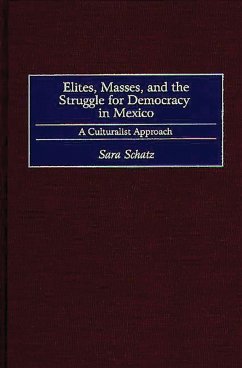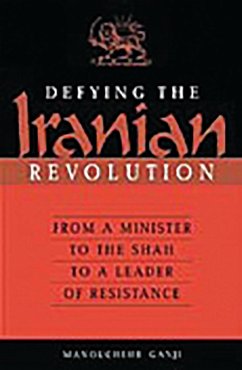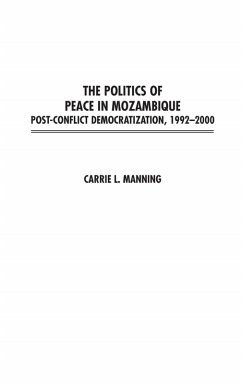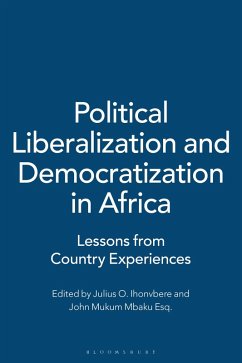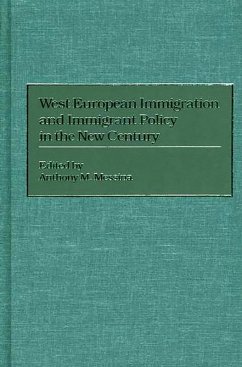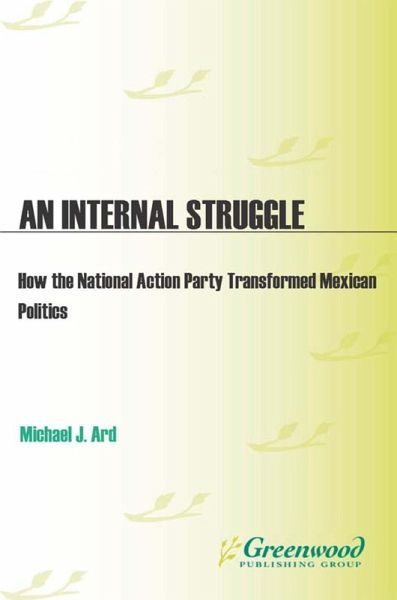
An Eternal Struggle (eBook, PDF)
How the National Action Party Transformed Mexican Politics

PAYBACK Punkte
29 °P sammeln!
Ard examines Mexico's long transition to democracy and the vital role played by the National Action Party, an opposition system party inspired by Catholic social doctrine and dedicated to democratic values. Ard examines the problem of democratic transitions by focusing on Mexico's National Action Party (PAN), a democratic opposition party based on Catholic social doctrine. The 2000 defeat of Mexico's long-time ruling Institutional Revolutionary Party was more than the displacement of one ruling clique by another. More profoundly, Fox's stunning victory closed the book on a persistent political...
Ard examines Mexico's long transition to democracy and the vital role played by the National Action Party, an opposition system party inspired by Catholic social doctrine and dedicated to democratic values. Ard examines the problem of democratic transitions by focusing on Mexico's National Action Party (PAN), a democratic opposition party based on Catholic social doctrine. The 2000 defeat of Mexico's long-time ruling Institutional Revolutionary Party was more than the displacement of one ruling clique by another. More profoundly, Fox's stunning victory closed the book on a persistent political-religious conflict-a great party conflict-that had dogged Mexico since its break with the Spanish Empire. The 2000 election represented the end of a long conversion process, a reconciliation between Mexico's Catholic and Revolutionary political traditions, and the forging of a new national political consensus. Ard examines Mexico's long transition to democracy in which the PAN, an opposition system party inspired by Catholic social doctrine and dedicated to democratic values, played a vital role. The book begins with a theoretical framework to understanding the Mexican transition, with an emphasis placed on the importance of conciliation, political liberties, and the democratic opposition party. Ard then addresses the fundamental church-state cleavage and how it shaped Mexico's great parties. He then looks at the founding of the National Action Party, a reforming system party that broke the great party mold. The bulk of his analysis centers on the details of the political transition and the challenges ahead for Mexican democracy. This book is of particular importance to scholars, students, and researchers involved with Mexican politics and history, and Latin American Studies in general.




